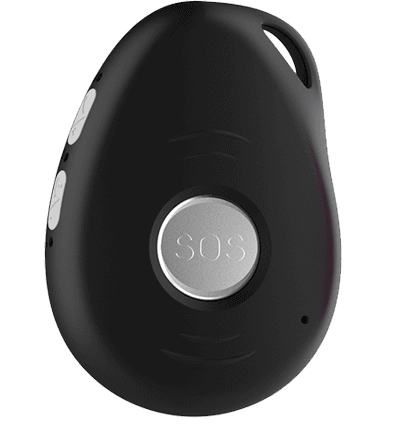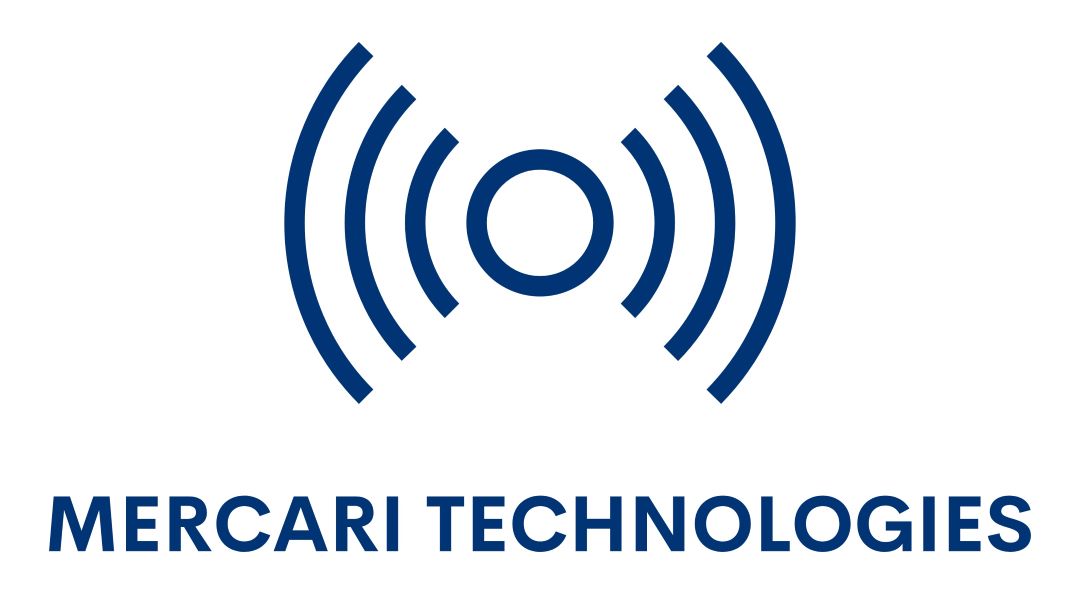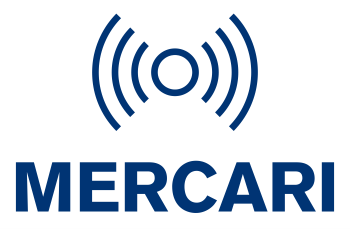
MEDICAL ALERT ALARM

Who should use a Medical Alert Alarm?
What is a Medical Alert Alarm?
A medical alarm is designed to alert of an emergency requiring urgent attention and to beckon assistance from medical personnel, or nominated emergency contacts.
Another name for a medical alarm is Personal Emergency Response System (PERS) or medical alert.
When the medical alarm is activated, the signal is transmitted to your programmed phone numbers, emergency services such as 911, or other emergency medical providers. Friends, family, carers or medical personnel are then directed to the site where the alarm was activated by using its location finding capabilities.
Our personal alarm system uses the latest GPS technology to enable you to use it while you are out and about as well as when you are at home.
Help is at hand wherever you are at the press of a button.
The device also has an automatic fall detector.
It is very easy to use and you do not need a smart phone for it to work.
Elderly people, those with per-existing medical conditions, and disabled people generally use/require medical alarms.
If you have any medical condition or allergy that may put you at risk in a medical emergency or are taking ongoing medications, a personal medical alarm is indispensable for you.

As a quick guide, but not limited to; you should consider a personal medical alert alarm if you have:
Medical conditions
- Alzheimer’s
- Anaphylaxis
- Asthma (cold, allergy, exercise induced)
- ADHD, PDD
- Autism, Asperger’s
- Cancer – Advanced directive on file
- Diabetes
- Deep vein thrombosis
- Epilepsy, Seizure disorders
- Haemophilia
- Heart disease
- Hypothyroidism
- Language impaired (second language, stutter)
- Malignant Hyperthermia
- No speech
- Renal Failure
- Steroid therapy
- Streptokinase
- Tourette Syndrome
- Transient ischaemic attack
Medications
- Anticoagulants
- Beta Blockers
- Chemotherapy
- Epinephrine auto injector
- Immunosuppressants
- Insulin
- Monoamine oxidase inhibitor (MAOI)
- Steroid therapy
- Streptokinase
Implants or devices
- Artificial knees or hips
- Artificial heart valve
- Cochlear Implant
- Contact lenses
- Coronary stents
- Hearing Aids
- Lens implants
- Insulin pump
- Pacemaker
- Stents, shunts, catheters, metal pins, plates or clips
Allergies to:
Foods
- Eggs
- Gluten
- Fish
- Milk/dairy
- Nuts
- Peanuts
Environment
- Dust
- Grasses
- Mould
- Pollen
Insect/Animals
- Bees/wasps
- Dogs/cats
Drugs
- Penicillin
- Morphine
- Ceclor
- Sulphur Drugs
Chemicals
- Latex
- Perfumes

Do You, Or Someone You Know, Need A Personal Medical Alarm?
